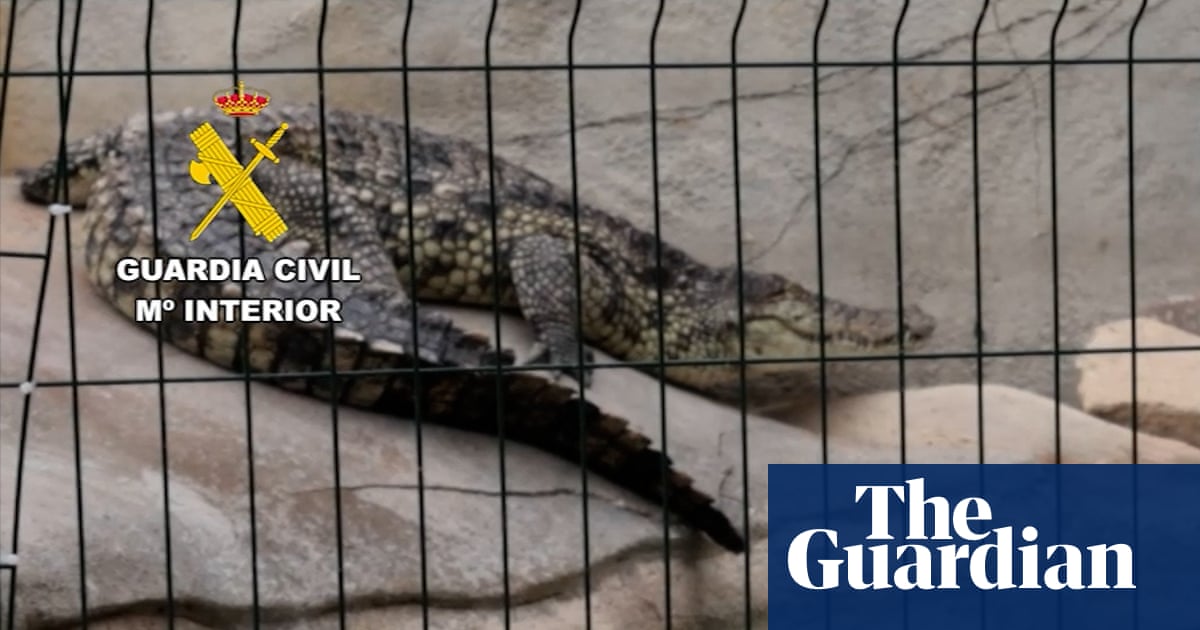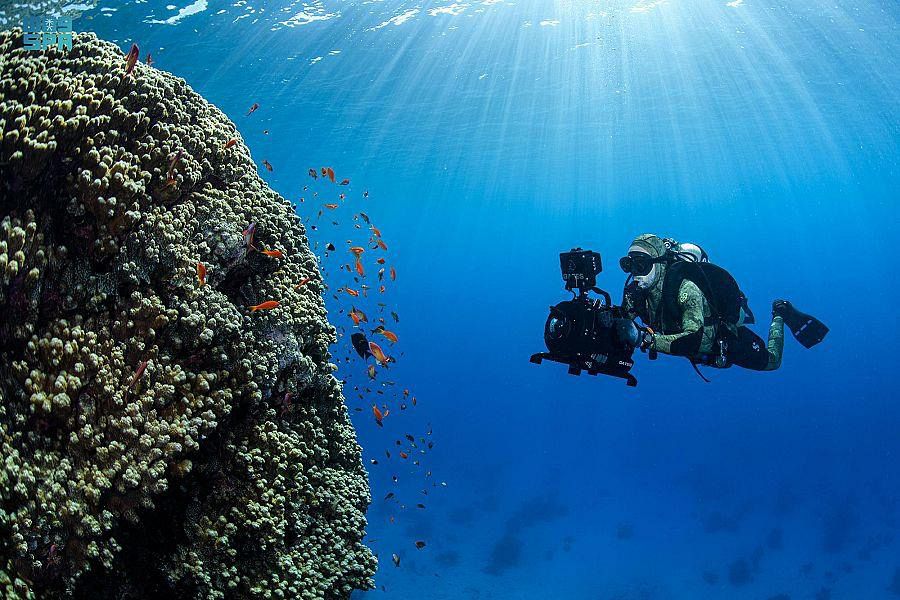
Sir David Attenborough has called for a halt to activities that damage the UK’s seas, as the Wildlife Trusts revealed the highs and lows of marine life around the British Isles during 2020.
Highlights included thousands of Atlantic bluefin tuna in a rare run up the Channel from Cornwall to Kent, at some points accompanied by porpoises, minke whale and dolphins in a feeding frenzy, the trusts’ living seas marine review reported.
Abby Crosby, of Cornwall Wildlife Trust, said: “No one who saw this intense display of the power, aggression and athletic prowess of bluefin tuna says they will ever forget it. People were utterly spellbound in anticipation of the next startling leap of these huge, metallic-silver creatures from beneath the ocean waves, and many simply couldn’t believe this was happening just off the English coastline.”
An extremely rare sighting of a spectacular sea slug, Placida cremoniana, which measures just millimetres in length and resembles an orange glowing lump of coal covered in spikes, was spotted by a sharp-eyed volunteer in Cornish waters. It is more usually found in the Pacific or Mediterranean.
In Northern Ireland, two orcas were seen on Strangford Lough, the first sightings since 1962.
A rise in tern numbers was recorded at Cemlyn in north Wales, with Arctic tern pairs up 2,900% and sandwich tern pairs up 65%. Guillemot numbers were at their highest since 2004 on Handa island off Sutherland, Scotland.
More than 30 bottlenose dolphins were seen “partying” off Saltburn pier on the Teesside coast for weeks during the summer. “This partying pod of dolphins were highly visible, playing, breaching vertically, racing along at top speed, with fin after fin arcing through the waves,” said Jacky Watson, of Tees Valley Wildlife Trust. There was rare evidence captured of a baby Risso’s dolphin born in Welsh waters off Anglesey.
There was bad news, however, with disposable personal protective equipment, plastic, nurdles (plastic pellets roughly the size of lentils), litter and discarded fishing gear putting marine wildlife in greater peril.
Attenborough, the president emeritus of the Wildlife Trusts, said the UK seas were marine protected areas, “but sadly this does not prevent damaging activities still occurring in these special places. Bottom-towed dredging and trawling destroys fragile sea fans and soft corals on the seabed, while dredging to install cables to offshore windfarms changes the seabed and its wildlife forever.”
He said: “For too long we have taken from the sea with little regard for the consequences. We are all aware of the problems presented by plastic litter, but some pollutants and impacts are hidden from view beneath the surface of the waves. Our government needs to tackle these problems but we can all do our bit too.”
Many people visited the UK coast after lockdown restrictions were lifted. “People delighted in seeing marine life and it lifted the hearts of millions in this difficult year,” said Joan Edwards, the Wildlife Trusts’ director of living seas. “However, we have taken these wonders for granted for too long and it’s vital we recognise that the future of life on earth is inseparable from the health of the sea.”












